
Article by BR Natalie
You'd have to be made of stern stuff if you curiousity isn't piqued when you hear about the latest anti-ageing products on the market. You know what it's like, you're watching TV when all of a sudden a product containing a revolutionary ingredient promises to turn back the clock, or at the very least freeze it.
But do you know what the key anti ageing ingredients are? And more importantly, how they work?
No? Never fear - here's the BR guide to active anti-ageing ingredients.
Retinol is the ultimate multi tasker. It's a derivative of Vitamin A and when it's used on the skin it changes to retinoic acid and that stimulates the production of healthy skin cells. It boosts circulation by increasing blood-vessel formation, so skin looks healthier, it can also lighten dark spots AND stimulate the production of hyaluronic acid, which preserves collagen, and firms and tightens skin.
Retinol works best in the dark and actually enhances sun damage, so if you do use a product with retinol during the day, you need to be judicious about using SPF and reapplying.
DNA Repair Ingredients are commonly derived from plankton or rose myrtle extract. They can reverse sun damage and have properties that stimulate collagen. Collagen is a protein that keeps your skin's elasticity, it also depletes with age. So stimulating it is a great way to stay young looking!
Peptides are sneaky little ingredients! They trick the skin into thinking it's not making collagen - so it produces even more. And the effects continue after you stop using it!
Hyaluronic Acid is a natural compound - Hyaluronic Acid is something we are born with in our bodies and it decreases with age. It's probably one of the reasons babies skin is so hydrated, soft and smooth! Hyaluronic Acid is found in our joints, muscles and in our skin - it's kind of the CRC of the body - without it we'd become brittle and dry.
It's a 'dermal filler', because it absorbs lots of moisture and fills in wrinkles. It preserves collagen, which in turn firms and plumps up the skin.
Glycolic Acid exfoliates dead skin cells leaving skin looking healthy. It's one of the alpha hydroxy acids which smooth fine lines, help fade blotches, and allows other anti-aging ingredients to penetrate faster and work more effectively. It also encourages an increase in collagen production. But here's the catch - the effects only last as long as you continue to use it!
Antioxidants hunt for free radicals in the cells and politely escort them out of the body before they can cause damage to cell membranes. Free radicals accumulate in body tissues and blood as a result of pollution, UV light and smoking. They are also a natural 'by-product' of our metabolism.
Vitamin C protects against free radical damage. By boosting your antioxidant defense you can repair and protect from future free radical damage. Vitamin C is also needed for cell growth and collagen production. And unlike B vitamins, it's actually absorbed by your skin.
Coenzyme Q10 is also known as CoQ10. It has the ability to improve energy production in cells, and act as an antioxidant. Q10 is actually present in everyone's cells naturally, however as you age, the amount of Q10 in your body decreases. Topping up your Q10 levels either by taking it orally (it comes in pill form) or topically in a lotion or cream can assist in reducing fine lines and wrinkle depth.
Caffeine is incredibly effective at temporarily reducing puffiness - it's fantastic for under eye bags - but just like your cup of coffee, the perks last only so long!
When should I start to use anti-ageing products?
Ok, here's the thing, it's never too early to begin looking after your skin. The very best thing you can do in your early 20s (in fact make that forever) is wear sunscreen everyday. The damaging effects of the sun will age you faster than any other factor.
From your 30s you might want to switch up to a more intensive moisturiser and maybe invest in a serum to tackle specific issues you're noticing, such as dark spots or fine lines.
In your 40s look at where you're starting to show the signs of ageing and pick products with ingredients from the list above to tackle them!
So there's our guide to common active anti-ageing ingredients - anything to add?



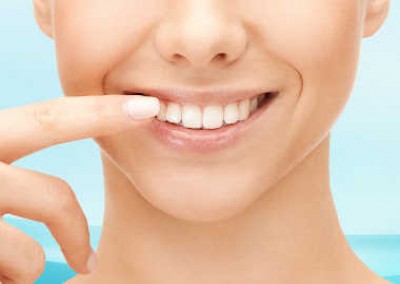
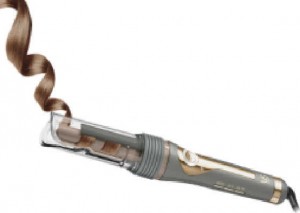


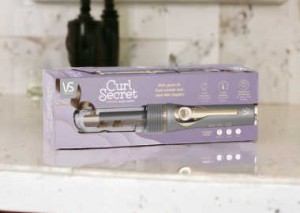


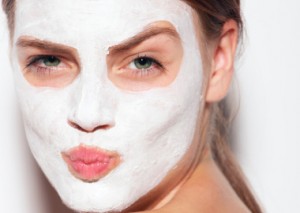

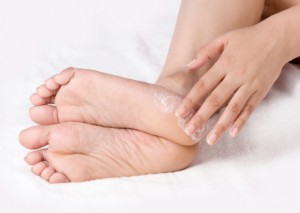
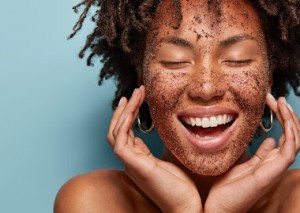
This is such agood article and interesting to keep for future reference